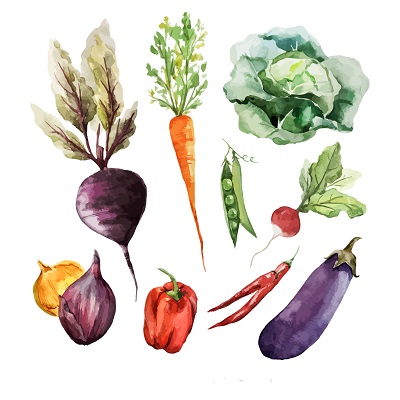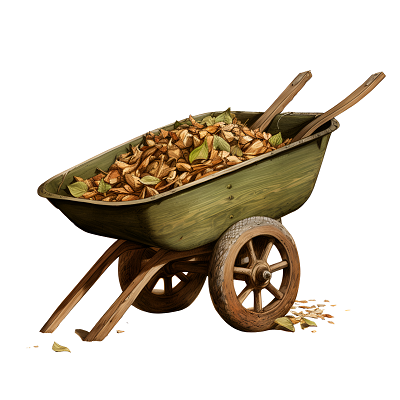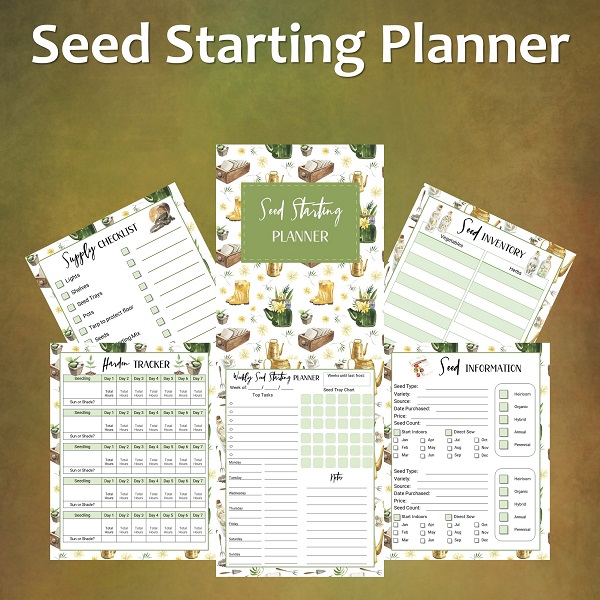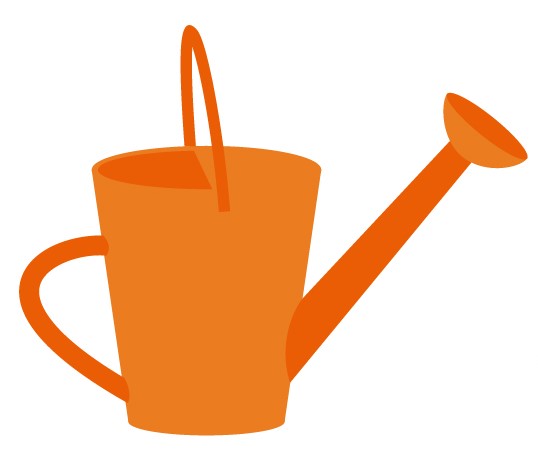Get Started Growing!
 When shopping for plants at your local garden center, you may notice some are marked ‘heirloom,” while others are labeled “hybrid.” Have you ever wondered what these terms mean – or which is better for you?
When shopping for plants at your local garden center, you may notice some are marked ‘heirloom,” while others are labeled “hybrid.” Have you ever wondered what these terms mean – or which is better for you?
These terms seem to create a lot of confusion among novice and experienced gardeners alike. There are those who swear that heirlooms are the only way to go because they think hybrids plants are inferior. On the other hand, hybrid fans are convinced they are a better all around choice, because they tend to be more vigorous producers and are less susceptible to disease and pests.
In reality, there may be room in every garden for both types of plants. To better understand the distinction between heirloom and hybrid plant varieties, it helps to look at how they came to be.
Open-Pollination vs. Careful Manipulation
Open-pollination is a form of plant reproduction which occurs in one of two ways: Continue reading
 As you begin to learn more about growing your own food and starting a vegetable or herb garden, you will find that composting is high on the list of recommendations. With composting, you are using organic material to improve the quality of the soil, which helps those vegetables and plants to grow faster and with higher quality. Here are some things to know about composting:
As you begin to learn more about growing your own food and starting a vegetable or herb garden, you will find that composting is high on the list of recommendations. With composting, you are using organic material to improve the quality of the soil, which helps those vegetables and plants to grow faster and with higher quality. Here are some things to know about composting:
Why You Should Compost
Before you start composting for your vegetable or herb garden, it helps to know exactly why you should do it. There are actually a lot of benefits to it, from the quality of your vegetables to not having to use as many chemicals.
With composting, the first benefit is that you don’t need to use other fertilizers. You might still use an organic fertilizer, but you won’t have the need for chemical fertilizers. These shouldn’t be used on any crops where you will eat the product, like vegetables, herbs, and fruits. Continue reading



